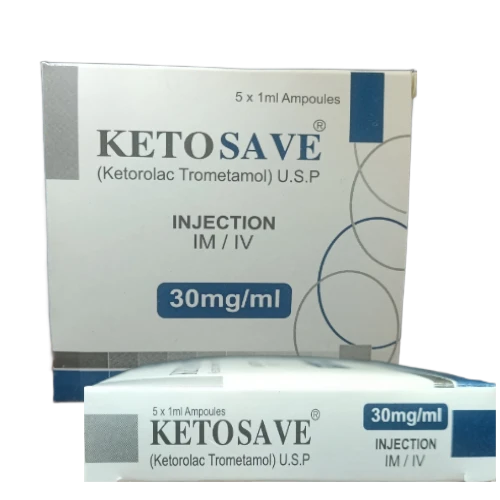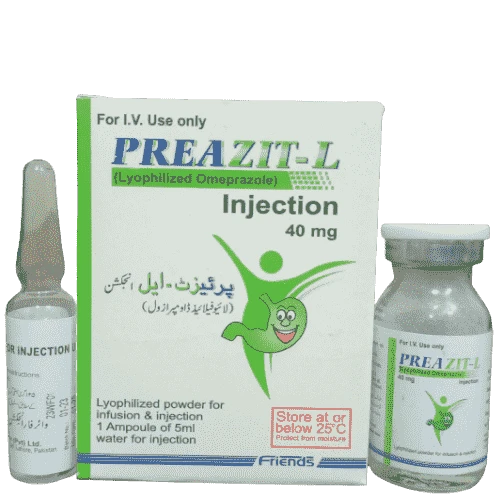
Tramadol is an opioid agonist that may be used to treat moderate to moderately severe chronic pain in adults.
Tramadol side effects
Common side effects of tramadol affecting 10% of people who take it include:
This is not a complete list of side effects and others may occur.
Tramadol may cause serious side effects, some of which may be fatal.
Tramadol can slow or stop your breathing and may be habit-forming. MISUSE OF THIS MEDICINE CAN CAUSE ADDICTION, OVERDOSE, OR DEATH, especially in a child or other person using the medicine without a prescription. Keep this medicine where others cannot get to it. Do not take more tramadol than prescribed as an overdosage can be fatal. Selling or giving away this medicine is against the law.
Seek medical attention right away if you have symptoms of serotonin syndrome, such as agitation, hallucinations, fever, sweating, shivering, fast heart rate, muscle stiffness, twitching, loss of coordination, nausea, vomiting, or diarrhea.
Seizures have been reported in patients taking tramadol. Your risk of seizures is higher if you are taking higher doses than recommended. Seizure risk is also higher in those with a seizure disorder or those taking certain antidepressants or opioid medications.
You should not take tramadol if you have severe breathing problems, a head injury or increased pressure inside your skull, a blockage in your stomach or intestines, or if you have recently used alcohol, sedatives, tranquilizers, narcotic medication, or an MAO inhibitor (isocarboxazid, linezolid, methylene blue injection, phenelzine, rasagiline, selegiline, tranylcypromine, and others). Tramadol should not be used if you are suicidal or prone to addiction.
Fatal side effects can occur if you use this medicine with alcohol, or with other drugs that cause drowsiness or slow your breathing. People taking extended-release forms of tramadol should not consume alcohol-containing beverages at the same time. Alcohol is also not advised with immediate-release forms of tramadol.
Serious allergic reactions, including anaphylaxis, have occurred with tramadol, some of which caused death. People who are allergic to other opioids are at higher risk. Other hypersensitivity reactions include itching, hives, narrowing of the airways, swelling of the face and airways (angioedema), and serious skin reactions such as Stevens-Johnson Syndrome. Get emergency medical help if you have signs of an allergic reaction to tramadol (symptoms include hives, difficulty breathing, swelling in your face or throat) or a severe skin reaction (fever, sore throat, burning in your eyes, skin pain, a red or purple skin rash that spreads and causes blistering and peeling).
Tramadol hydrochloride extended-release capsules/tablets may complicate a healthcare provider’s clinical assessment of an acute abdominal condition. They should also not be used by people with liver or kidney disease.
Taking tramadol during pregnancy may cause life-threatening withdrawal symptoms in the newborn.
Tramadol should not be given to a child younger than 12 years old, or anyone younger than 18 years old who recently had surgery to remove the tonsils or adenoids. Extended-release tramadol (Ultram ER) should not be given to anyone younger than 18 years.
Tramadol may cause drowsiness or affect your ability to drive or perform hazardous tasks. Do not perform these tasks if tramadol causes confusion, mental impairment, or drowsiness.
Disclaimer: Remember, keep this and all other medicines out of the reach of children, never share your medicines with others, and use this medication only for the indication prescribed.
Always consult your healthcare provider to ensure the information displayed on this page applies to your personal circumstances.
No review given yet!
 Fast Delivery all across the country
Fast Delivery all across the country
 Safe Payment
Safe Payment
 3 Days Return Policy
3 Days Return Policy
 100% Authentic Products
100% Authentic Products




